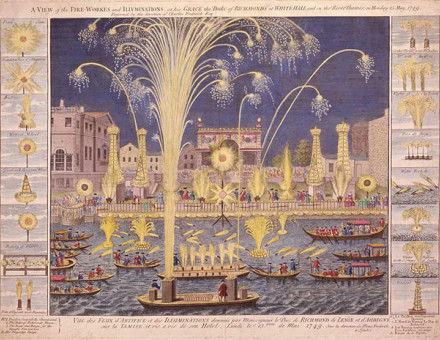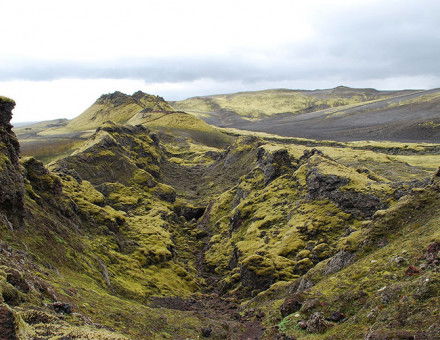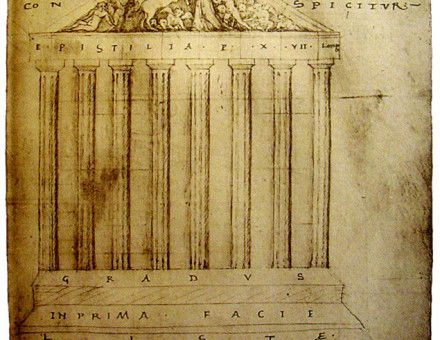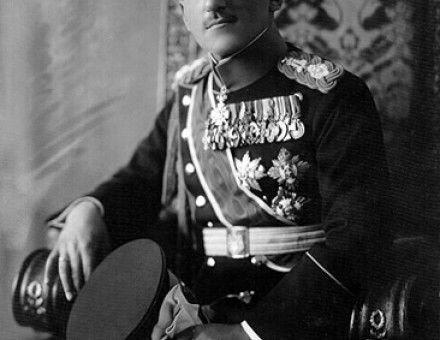Europe
Fireworks: The Power of Pyrotechnics
Though they originated in China, it was in the capitals of early modern Europe that fireworks flourished. They united art and science in awesome displays of poltical might, as Simon Werrett explains.
Philip II - a pen portrait
Court fashion, a love of birdsong and the pressures of being a king are some of the subjects discussed in letters between Philip II of Spain and his teenage daughters. Janet Ravenscroft explores the human side of one of Europe’s most powerful Renaissance monarchs.
Carthage: The Lost Mediterranean Civilisation
Little remains of the great North African empire that was Rome's most formidable enemy, because, as Richard Miles explains, only its complete annihilation could satisfy its younger rival.
The Imperial Coronation of Charlemagne
At the beginning of the ninth century, Charlemagne—already the master of Western Europe—was crowned by a calculating Pope as the supreme sovereign of the Christian world. Peter Munz asks what the real significance of his new title really was?
Rome: The Lure of the Orient
At the height of the Roman Empire, hundreds of merchant ships left Egypt every year to voyage through the Red Sea into the Indian Ocean, exchanging the produce of the Mediterranean for exotic eastern commodities. Raoul McLaughlin traces their pioneering journeys.
The Lure of Volcanoes
James Hamilton looks at how volcanic activity in Iceland in 1783 and elsewhere elicited strange reactions, and stimulated the creative powers of artists and scientists.
The First Tourist
In the 15th century, Cyriacus of Ancona journeyed in search of the Mediterranean’s Classical past. In so doing, he laid the groundwork for the 18th-century Grand Tour and today’s cultural holidays, as Marina Belozerskaya explains.
Tam & Fritz: Thomas Carlyle and Frederick the Great
Nancy Mitford finds that Carlyle’s biography of the King was one of the oddest ever written, but it is ‘so carefully drawn that it finally presents a perfect likeness’.
Alexander I of Yugoslavia assassinated
Richard Cavendish remembers the events of October 9th, 1934.







